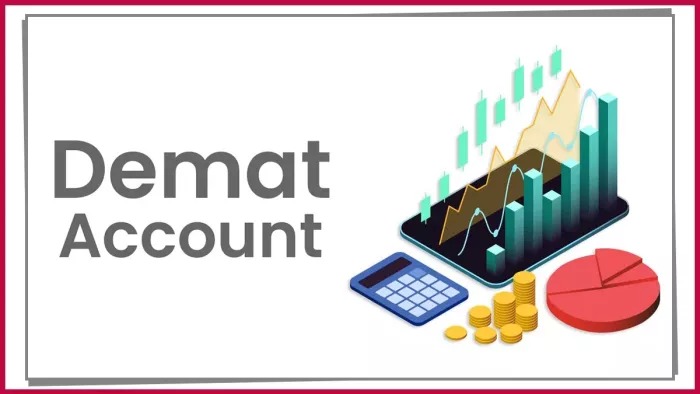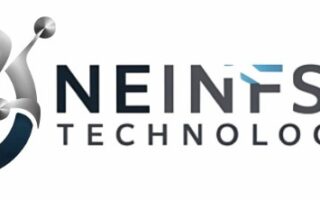SEBI (Securities and Exchange Board of India) has been working on ways to boost the investment landscape in India. Toward this goal, it recently announced an increase in the threshold for the basic service Demat account from ₹2 lakh to ₹10 lakh. This guidance is expected to be effective from Sep 1, 2024. This means you will be able to hold a total securities’ value of ₹10 lakh in your Basic Services Demat Account (BSDA). Let’s take a look at the investment limits, Demat account charges and new SEBI rules in detail.
BSDA and Eligibility for BSDA
A BSDA reduces the cost of holding securities by offering lower charges compared to a regular Demat account. Introduced by SEBI in 2012, it’s best suited if you have small investment portfolios.
To be eligible for a BSDA, you must be the sole owner of the account and should not have any other Demat account. Additionally, only one Demat Account can be held under the BSDA category. If you have a joint account, you should not be the first holder of the account.
Value of Securities in BSDA
If you have a BSDA, the value of securities you will hold in it should not exceed ₹10 lakh at any time. This is applicable after Sep 1, 2024, and for both debt and non-debt securities combined. Suppose you buy securities worth ₹9.50 lakh, the value of which later increases to ₹10.30 lakh. Since the value of securities held has gone beyond the threshold, the usual brokerage charges will apply, and your account will not be treated as BSDA as per SEBI rules.
Demat Account Charges
If you have a regular Demat account, apart from Demat account opening charges, you have to pay an annual maintenance fee toward it. This charge could range between Rs. 300 to 800, depending on the Depository Participant you choose. (A depository participant or DP is a financial intermediary that helps you manage your securities).
As per SEBI’s new guidelines, if your portfolio value is up to ₹4 lakh, there will be no annual maintenance charge for a BDSA. For portfolio values of above ₹4 lakh and up to ₹10 lakh, a charge of ₹100 will be applicable. If your portfolio’s value goes beyond ₹10 lakh, then BDSA will be automatically converted into a regular demat account.
If you have a BSDA, there will be no charges applicable on electronic statements. In case you opt for physical statements, a charge of ₹25 per statement will be applicable.
SEBI has informed DPs to review and convert eligible existing Demat accounts to BSDA within two months, effective from September 1, 2024. This is unless the account holder opts to retain their regular Demat account via email. If you are wondering which type of Demat account will be right for yourself, explore Sharekhan. It offers Demat services at competitive rates and account options to suit your needs.




